JP & Janvier
Democratic Republic of Congo
Uganda
Rwanda
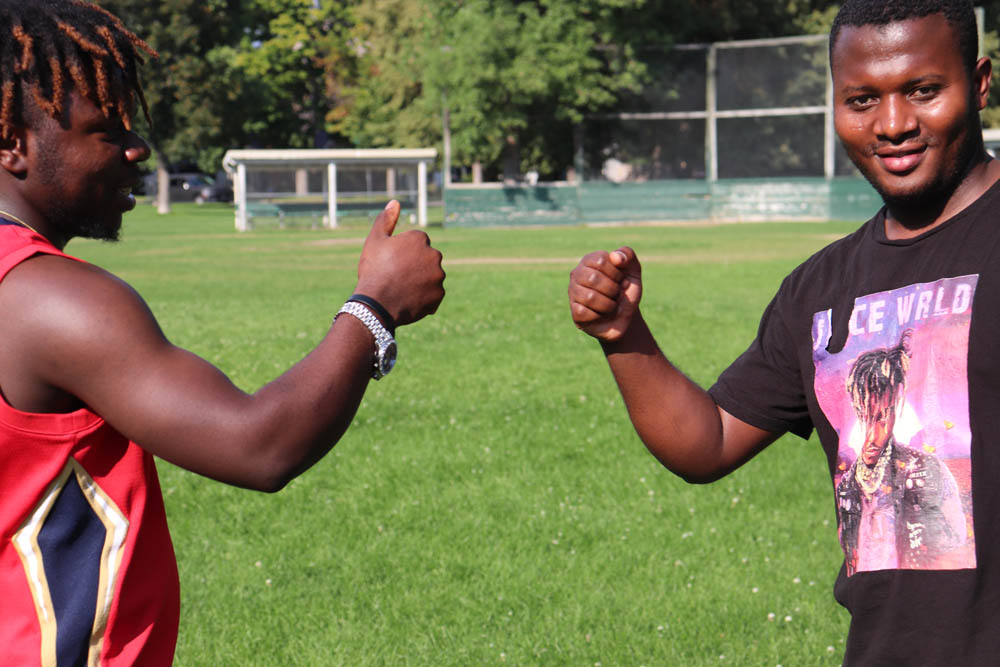
Their friendship started at a Congolese baby shower. Janvier Munyazikwiye recalls hearing someone speaking a language similar to what he grew up speaking in a Ugandan refugee camp. That someone was Saleh Ndiefi, who goes by JP, who had recently arrived in Missoula from Rwanda.

They had a quick exchange and hung out later that afternoon. Then, they realized both played soccer for their high schools – Janvier at Hellgate and JP at Sentinel. A friendly rivalry developed between the two, and then they eventually became co-workers at a local restaurant and a grocery store.
What emerged over the next five years was a formidable friendship. There are the small moments – like playing the FIFA video game and biking around Missoula together – but then there are the bigger moments that, they say, have helped Missoula feel like home.
“It’s good to know somebody and it’s always good to have somebody who has your back,” said Janvier.
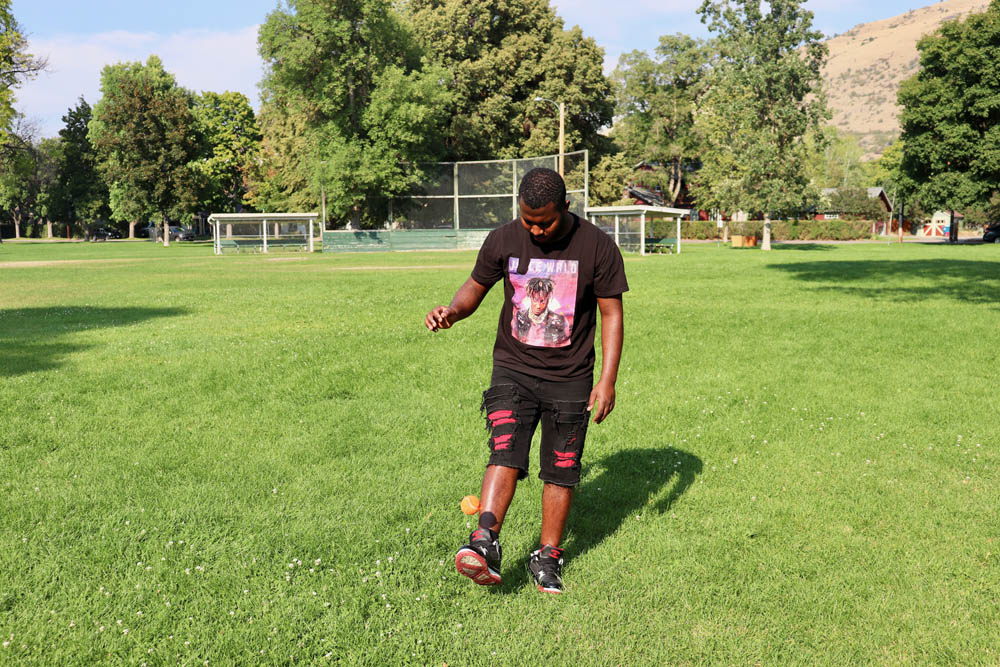
Janvier and his family were some of the first Congolese refugees to arrive in Missoula after resettlement restarted. They arrived in May 2018. But Janvier was born in Uganda in a refugee camp in the Hoima District near the country’s capital Kampala, so he says in many ways he identifies as Ugandan.
“I was born and raised in a refugee camp, so I don’t know how to differentiate it. That’s the only place I had been my entire life,” Janvier says. He misses playing soccer on the street, hanging out with his friends, and the food.
JP arrived in Missoula a few months later. The flight from Rwanda was his first, and he recalls being excited and scared at the same time as he boarded the plane.
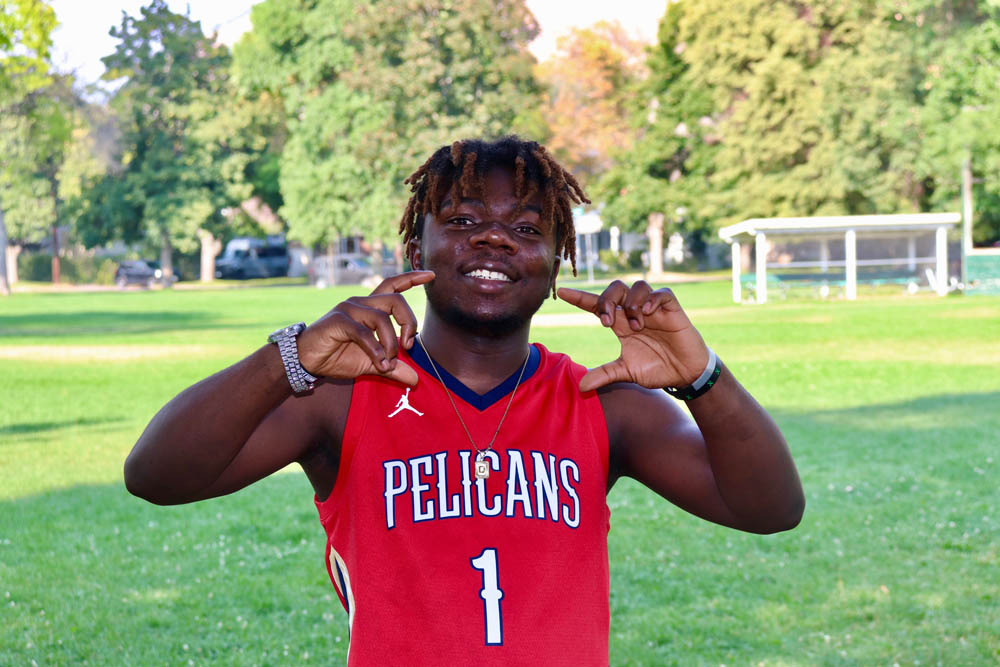
“Rwanda is a different life. It’s not good or bad, it’s just really different,” JP said. “I miss the food, my friends, I miss all the neighbors. I miss it a lot.”
Both say the hardest part of adjusting to life in Missoula was starting school.
Neither spoke English, and the U.S. school system was completely different from what they were used to back in Africa. JP said he used to wear a uniform, and all the subjects were taught in the same classroom.
“I was young, and I tried to learn everything. I was the only kid with different hair. I was the only kid who was a different color. All the kids looked at me and paid attention,” JP said. “I was kind of famous. But somehow I felt really different. Why am I different?”
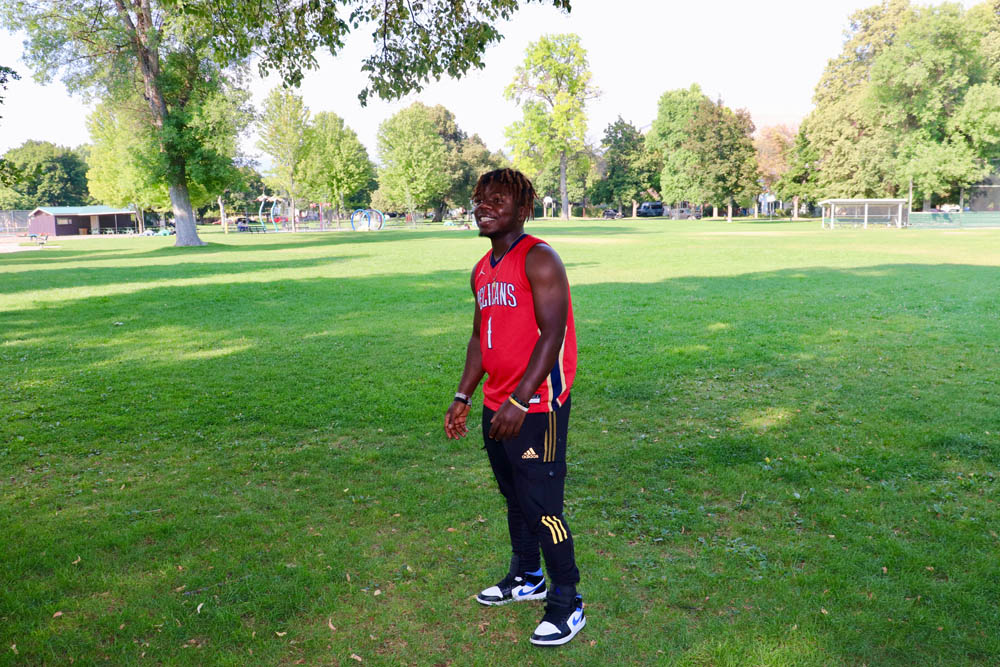
But school helped both Janvier and JP learn English and get acquainted with life in the United States.
Janvier said his classmates and, later, co-workers were kind, and would often invite him to activities. Now, he’s an avid snowboarder, and he loves to float the Clark Fork River come summertime. When his family moved away a few years ago, Janvier opted to stay here.
“I never thought I would live alone in Missoula, Montana. The people kept me here, and the work and life in general,” he said.
Looking back on those early days, JP says it feels like his life has totally changed.
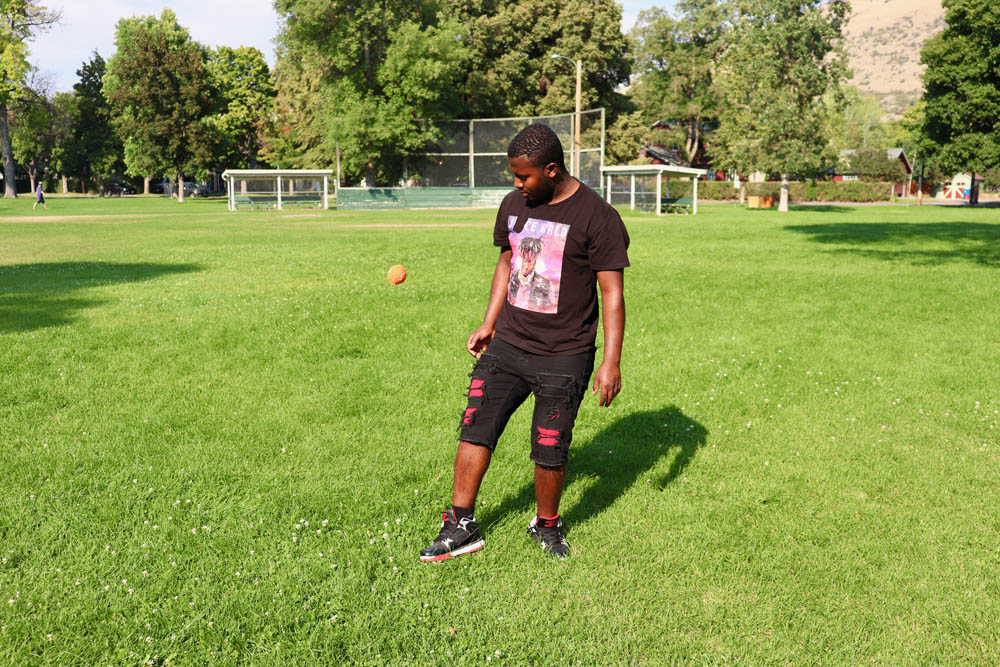
He incorporates what he calls American “swag” into how he talks and how he dresses, and, in many ways, he feels totally American. “But no matter what you do, you’re still African. Even if you’ve been here for years, you are still going to be African.”
Both Janvier and JP are now in their early twenties, and they don’t know what the future holds for them.
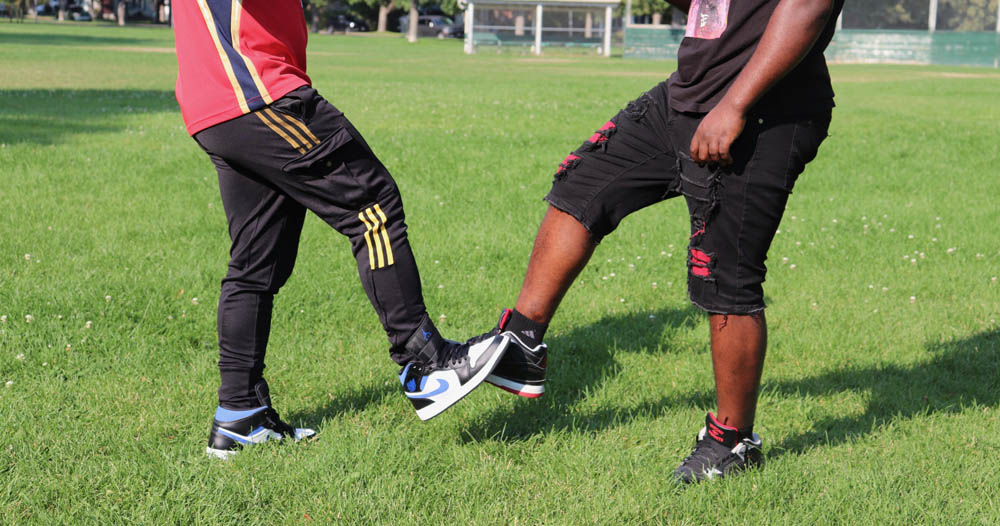
Work is important to them. Janvier says his work ethic comes from his family who led by example in their efforts to support his 10 siblings. “They taught us how to work in daily life. I started working when I was really young, and ever since I haven’t stopped.” He now works at Draught Works in the warehouse so that he can get more sleep after years of holding two jobs.
JP is studying for his Commercial Drivers License, which would allow him to travel across the country and earn good money. Like Janvier, JP’s belief that hard work pays off stems from his family: “My grandpa used to say that whatever you put your hands on, it will work. Don’t be scared. You can do something.”
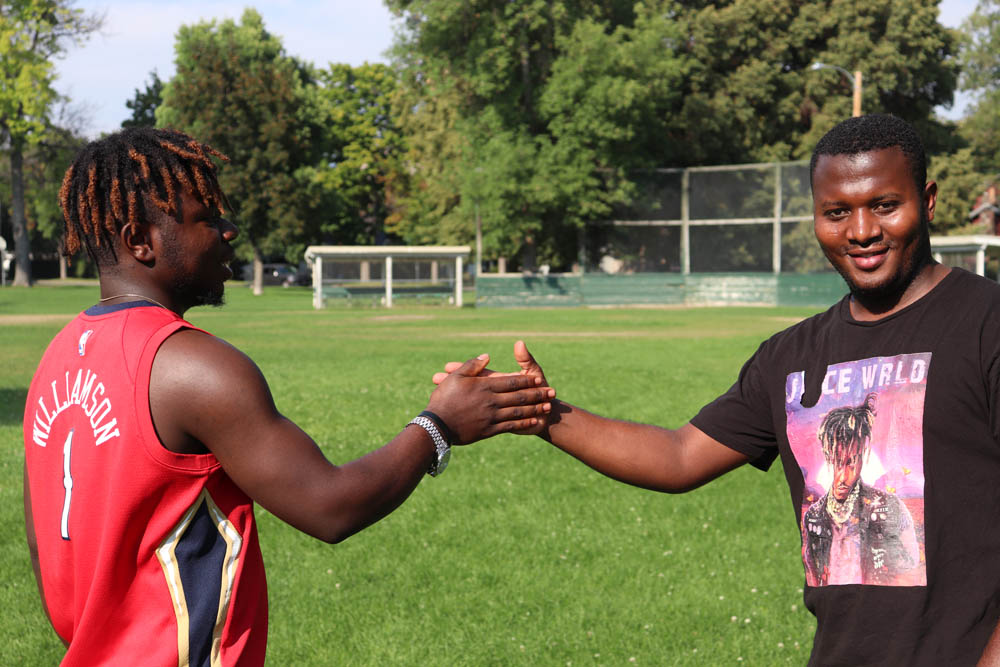
As they think about home and what it means, JP and Janvier say that Missoula feels like home in many ways. But they’ve also never forgotten where they come from, and they continue to try to help people understand more about those places and the refugee experience.
“I came to Missoula when I was 17 years old. It’s one of those ages where you don’t know what to do with your life, and I learned everything about that in Missoula. That’s the number one reason I call it home,” Janvier said. “But I feel like people had a lot of expectations from us. We want to do big things, and we want to show that but it’s hard to do big things at first.”

JP feels similarly: “If I say Rwanda, people are going to say ‘genocide.’ I want to change that. Rwanda is a very beautiful country, it’s not always genocide. They should visit and get to know all the people.”
Story and photos by Carly Graf
